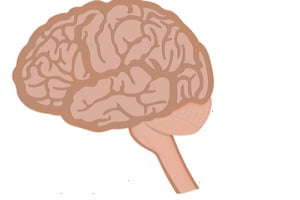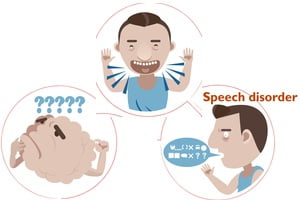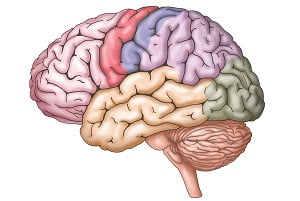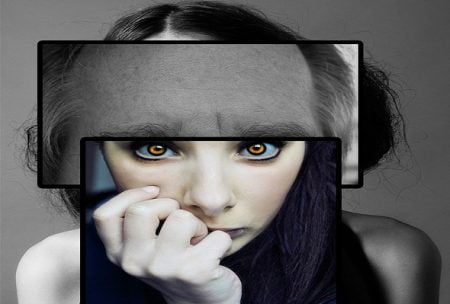Browsing: Schizophrenia
Comprehensive Information, Resources, and Support on Schizophrenia
New Approaches to Schizophrenia Treatment for Higher Quality of Life
Schizophrenia is notorious for wreaking havoc on the patient’s life, disquieting their mind, and plaguing them with hallucinations. The unnerving…
How Successful Are Brain Stimulation Therapies for Mental Illnesses?
Brain stimulation therapies are found to be helpful in treating several mental problems. Sometimes, doctors use them to treat certain symptoms of schizophrenia. In schizophrenia, ECT is generally very effective for a syndrome called catatonia. Stimulation therapies involve activating or inhibiting brain activity.
Medications is the first line treatment for schizophrenia. Most commonly proscribed medicines are anti-psychotics. Your doctor may prescribe anti-depressants and anti-anxiety drugs also, in certain cases. Other options are social therapies, cognitive behavior therapies, and electric therapies. The treatment and care team may include a social worker, a psychiatrist, a psychologist, and a nurse.
Currently, no physical or laboratory test is available to diagnose schizophrenia. In order to perform diagnosis, a psychiatrist generally evaluates your symptoms for the last several months (about 4-6 months) to first rule out other conditions that may show similar signs and symptoms. He or she may want you undergo through blood and imaging tests.
Research in the past two decades has indicated that schizophrenia is caused by a combination of factors such as such as genetics, biological predisposition, pregnancy-related factors, prenatal factors, stresses, and environmental factors during a person’s life etc. Children’s and teen’s brains are very sensitive to stresses and can be easily damaged by ongoing stress.
It is not known what exactly causes schizophrenia. However, it is agreed upon that it is a brain disease. There are evidences to show that a combination of genetics and your environment trigger the disease. Some people are at more risk. It is not known why some people develop it and others do not.
Someone who has schizophrenia may show various types of symptoms including positive and negative signs. Hallucination is the most common symptom. Other signs are delusions, confused thinking, and changes in behavior of the person. A diagnosis of schizophrenia requires that at least one of the key symptoms persist for six months or longer.
What is Schizophrenia? Schizophrenia is a chronic brain problem that affects the way a person thinks, acts, expresses emotions, perceives…
The Human Brain The brain is a wonderful three-pound organ that controls all the functions of human body and interprets…
Paranoid schizophrenia is the most common of all types of schizophrenia. It is defined as a long term mental disorder in which a person is deprived of reality. It is a chronic condition that requires a lifelong treatment. The illness usually starts in late adolescence or young adulthood.













